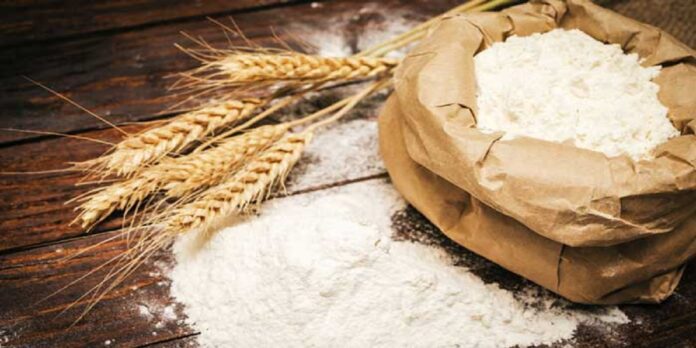The major concern of Pakistan Democratic Movement (PDM) rally was the current inflation rate in the country.
The price of a 20 kg flour bag in many areas has mounted as high as Rs1500-1600 (with a few pockets still sold at Rs880), while the wholesale price of wheat has risen to Rs2400 per barrel. This represents a rise of 90-100 percent over last year’s rates. The question here is what exactly is the reason of such increase in the inflation rate?
Domestic wheat production dropped by 1.7 million tons below the Government’s estimate of 27 million tons. This shortfall is less than the country’s monthly wheat intake and much too low to nearly double the price.
What if wheat were not limited and it was a free market, domestic prices would have settled somewhere close to average international prices, i.e. about Rs 1500-1,700 per pound? This means that a 20 kg flour bag will be readily available for Rs850-950. However, as a result of the extremely inefficient wheat subsidies and price control system, flour is now selling at almost twice that price.
Government interference in wheat is necessarily following conflicting goals of funding for farmers and affordability for consumers. Without incurring massive fiscal costs, this is an impossible balance to achieve, which causes market distortions. In the meantime, foreign prices had risen by $50 per ton, imposing an additional expense of $75 million on account of this price increase, for the 1.5 million ton of wheat imports previously unforeseen.
The relief fund was declared without regard to foreign markets, the exchange rate, inflation and the cost of production for farmers. From 2016-19, the wheat support price was kept at Rs 1300 per mound, and this year it increased marginally to Rs 1400. Meanwhile, the exchange rate rose from Rs104 to Rs 163 per US dollar, while the price of foreign wheat rose from $187 to $284 per ton.
Although the government agreed that 1.5 million tons of wheat would be imported by the TCP, the import process was painfully slow to make the market price dent.
In order to prevent the market from collapsing, the government should only invest in a strategic reserve, procure wheat at market prices and retain a minimum support price in place.



